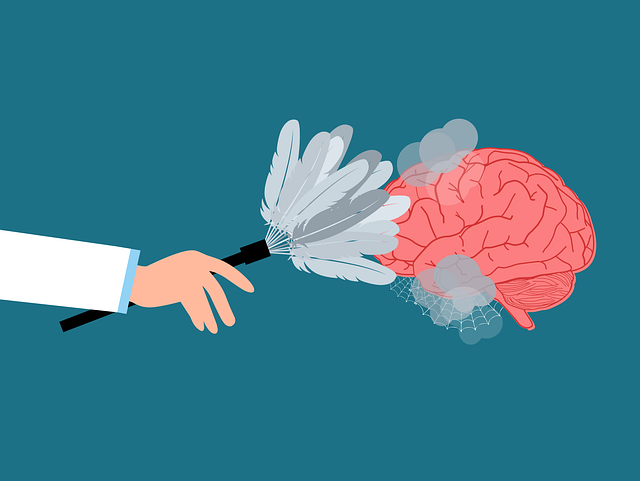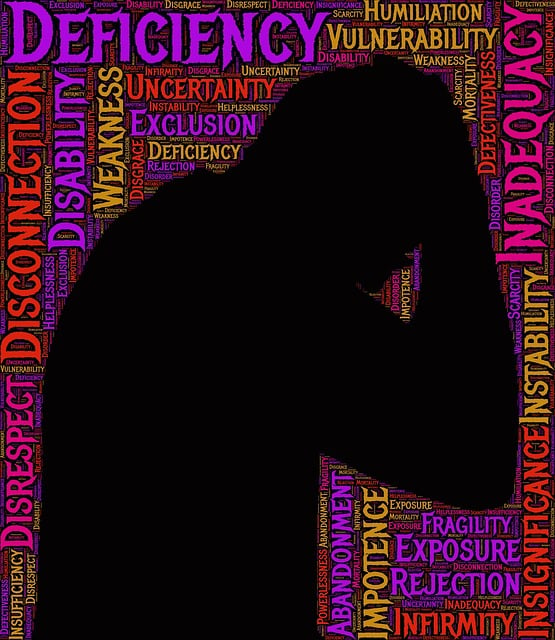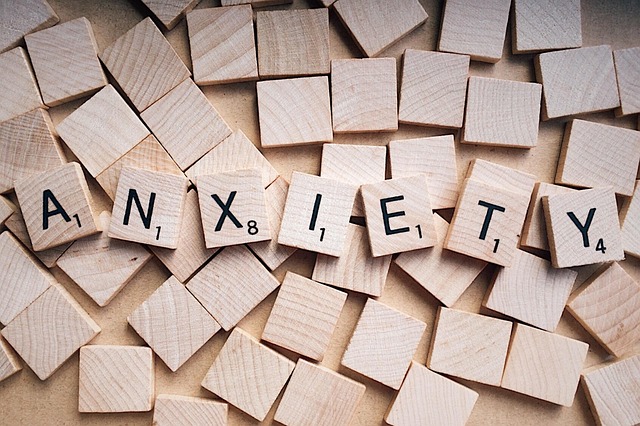Divorce profoundly impacts young adults, causing emotional turmoil and disrupting various aspects of their lives. Therapy emerges as a powerful tool, offering tailored support through coping skills, emotional intelligence, improved communication, and stress management techniques. Culturally competent therapists provide sensitive care, while workshops teach long-lasting strategies to overcome life's hurdles. By integrating these skills, young adults can enhance mental wellness, manage challenges, and cultivate resilience, ensuring a better quality of life post-divorce.
Divorce can significantly impact young adults, leading many to seek coping skills development. This article explores the profound effects of divorce on this demographic and offers valuable insights into building resilience. We discuss effective strategies for navigating this life transition, emphasizing the pivotal role therapy plays in helping young adults process emotions and foster adaptability. By understanding the impact and leveraging therapeutic support, individuals can find their footing and chart a course toward healing and personal growth.
- Understanding the Impact of Divorce on Young Adults
- Building Coping Skills: Strategies for Resilience
- The Role of Therapy in Navigating Divorce and Its Aftermath
Understanding the Impact of Divorce on Young Adults

Divorce can significantly impact young adults, often causing a range of emotional and psychological challenges. This life event can disrupt their sense of stability and security, leading to feelings of confusion, sadness, and anger. Many young adults struggle with the transition from a dual-parent household to a single-parent one or even no parental figure at all. As they navigate this new reality, they may face difficulties in forming healthy relationships, managing their emotions, and maintaining academic or professional success.
Seeking therapy for young adults going through divorce can be immensely beneficial. Professional support can help them develop coping skills to handle the stress and emotional turmoil. Through therapy, individuals learn valuable tools such as enhanced emotional intelligence, improved communication, and effective stress management techniques. Healthcare provider cultural competency training can also play a crucial role in ensuring that young adults from diverse backgrounds receive culturally sensitive care tailored to their unique experiences. Additionally, participating in workshops focused on stress management offered by organizations dedicated to supporting at-risk youth can empower them with long-lasting strategies to cope with life’s challenges.
Building Coping Skills: Strategies for Resilience

Building coping skills is an essential part of resilience development, especially for young adults navigating the complexities of divorce or other life transitions. Therapy for young adults going through divorce can provide a safe space to explore and cultivate healthy coping mechanisms. Mental wellness coaching programs often emphasize learning from past experiences, identifying personal strengths, and developing strategies to manage stress and difficult emotions effectively.
Stress reduction methods, such as mindfulness meditation and deep breathing exercises, are valuable tools taught in therapy sessions and wellness programs. These techniques help individuals reduce the impact of mental illness stigma reduction efforts by promoting self-care and emotional regulation. By integrating these coping skills into their daily routines, young adults can enhance their ability to navigate challenging situations, improve overall mental wellness, and foster a sense of resilience that supports them through life’s ups and downs.
The Role of Therapy in Navigating Divorce and Its Aftermath

Divorce can be a profoundly stressful event for young adults, impacting their emotional and mental well-being. Therapy plays a pivotal role in helping them navigate this challenging period. Through structured conversations with a trained therapist, individuals can process their feelings, gain insights into their experiences, and develop effective coping strategies. This therapeutic journey is crucial in fostering self-esteem improvement and promoting positive thinking—essential tools for rebuilding one’s life post-divorce.
Professional therapy provides a safe space where young adults can explore the complex emotions associated with divorce, including grief, anger, and confusion. Therapists equipped with healthcare provider cultural competency training can offer tailored support, addressing unique challenges related to identity, relationships, and family dynamics. By facilitating this process, therapy empowers individuals to move forward with resilience, enhancing their overall mental health and quality of life.
Divorce can significantly impact young adults, but developing coping skills is crucial for building resilience. By employing strategies discussed, such as therapy for young adults divorce, individuals can navigate this life transition effectively. Recognizing the importance of mental health support early on fosters a healthier, more adaptable future. Through understanding and utilizing these coping mechanisms, young adults can transform their experiences into opportunities for growth and personal development.














